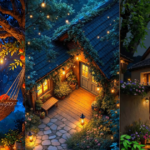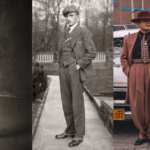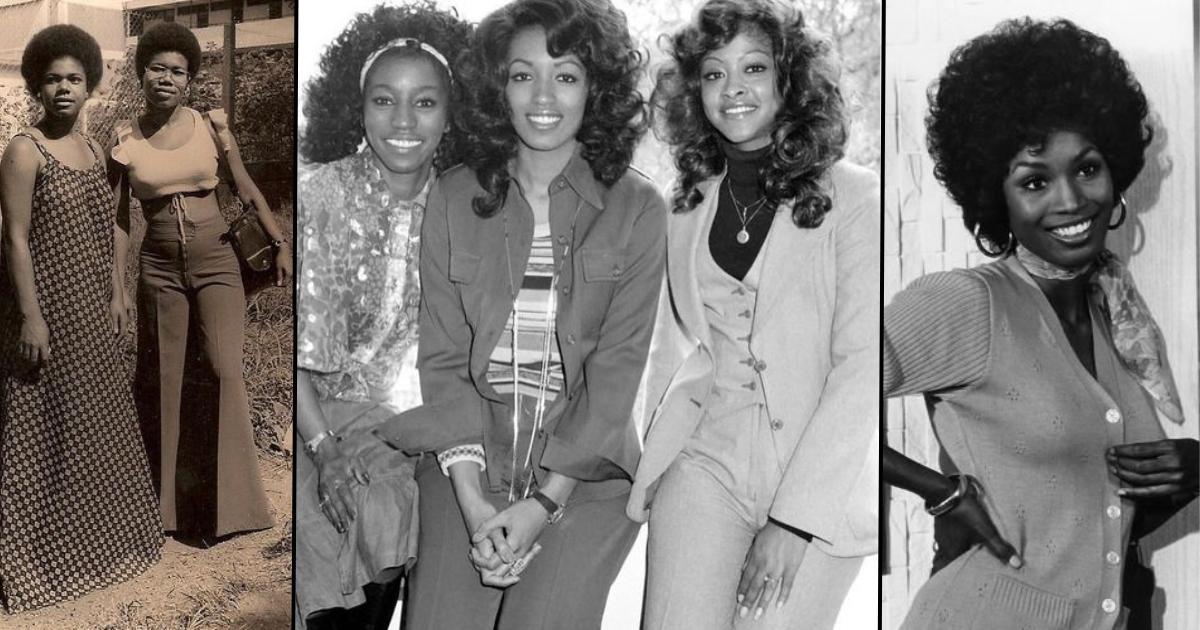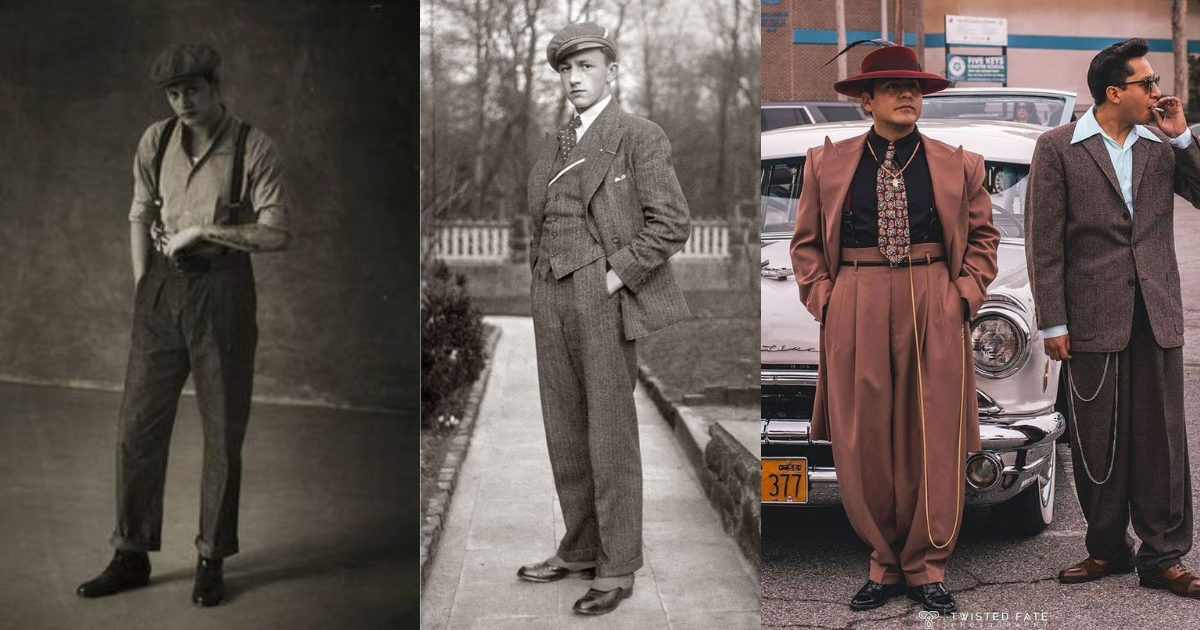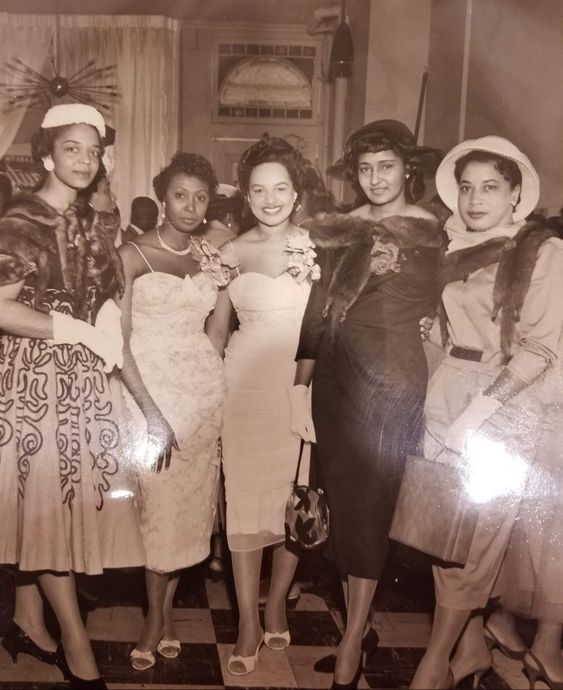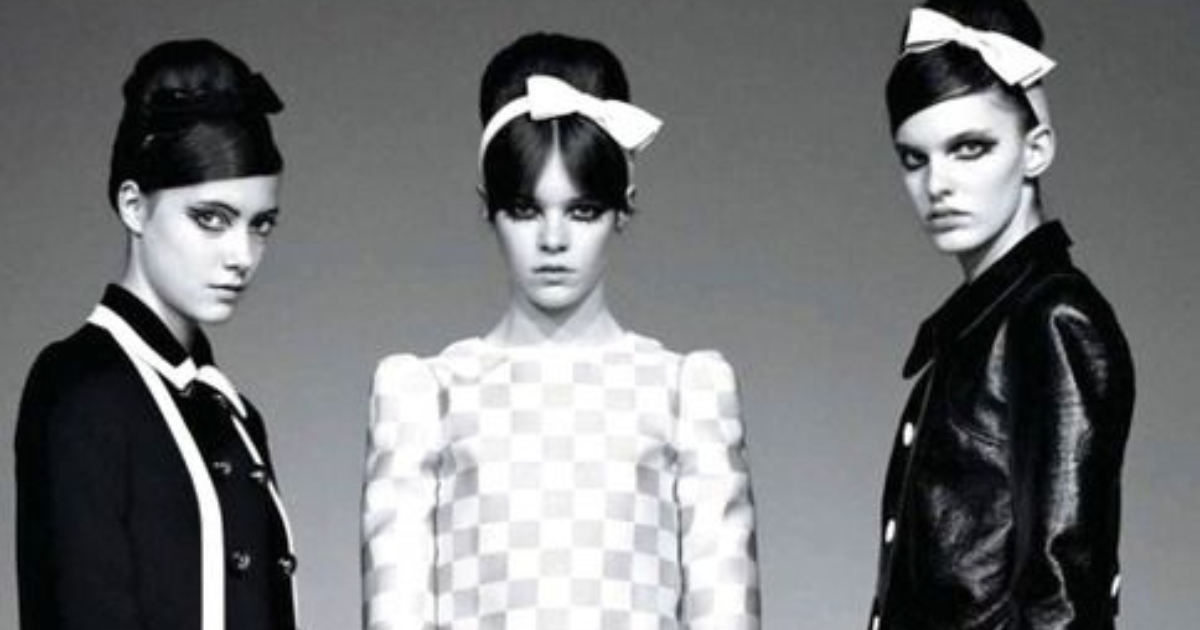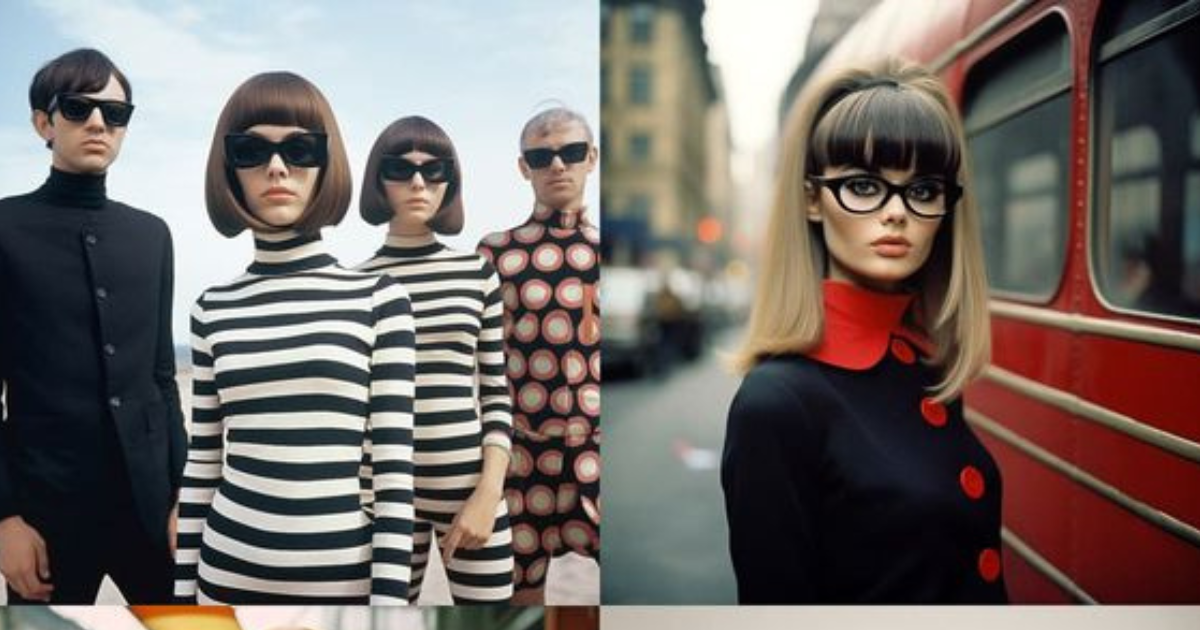We’re diving into a captivating journey through time to explore the resurgence of the 70s Black women’s fashion aesthetic in the USA. It’s a style that has not only left an indelible mark on the fashion world but also paved the way for today’s trends. Let’s step back into an era where self-expression and bold fashion choices were celebrated.
The importance of this aesthetic in the fashion world cannot be overstated. It’s not merely about the clothes, but the cultural, historical, and social significance that comes with it. This style is a testament to the power of fashion as a form of self-expression, protest, and cultural celebration. Get ready to be wowed by the groovy trends of the 70s.
The Historical Context
The 1970s were a time of radical change and evolution in the world, and the fashion of this era was no exception. It was a period marked by significant socio political shifts, and the fashion world was not immune to these winds of change.
The fashion of this era was a reflection of the changing times. For Black women, the 70s were a period of embracing natural beauty and breaking free from the constraints of previous decades. It was all about embracing individuality, and this was mirrored in the way they dressed.
The 70s brought about a wave of cultural and social changes, such as the civil rights movement and the rise of Black power. These movements not only influenced the mindset but also the wardrobes of Black women. The fashion choices became statements of identity, empowerment, and resistance. The afro hairstyle, for instance, was more than a trend; it was a symbol of pride and self-acceptance.
Key Elements of the 70s Black Women’s Fashion Aesthetic
Now, let’s get to the fun part – the core elements of this iconic fashion aesthetic. These elements are the DNA of the 70s Black women’s fashion and have made a roaring comeback in recent years.
Clothing: Embracing Bold and Eclectic Styles
70s fashion for Black women was all about bold, daring, and eclectic clothing. Think vibrant colours, funky prints, and a mix of high-waited, wide-legged pants, maxi dresses, and flared sleeves. The key was to stand out, and these clothes were all about making a statement.
Accessories: Chunky and Bold
Accessories played a pivotal role in completing the 70s look. Oversized hoop earrings, chunky bangles, and statement belts were the must-haves. These accessories were more than adornments; they were expressions of confidence and flair.
Hairstyles: Celebrating Natural Beauty
The 70s were an era of embracing natural beauty, and this was evident in the hairstyles. The iconic afro, with its voluminous, rounded shape, was a powerful symbol of self-acceptance and pride. It wasn’t just a hairstyle; it was a declaration of identity.
Fashion Brands and Collections
The beauty of the 70s Black women’s fashion aesthetic lies not just in its historical significance but in its timeless appeal. Today, it’s not unusual to spot this iconic style on runways, red carpets, and street fashion. Let’s take a closer look at some of the prominent fashion brands and designers who’ve embraced this aesthetic, and the elements they draw inspiration from.
Gucci’s Groovy Revival
Gucci, the Italian fashion powerhouse, has been at the forefront of the 70s Black women’s fashion revival. Under the creative direction of Alessandro Michele, Gucci has beautifully blended retro vibes with contemporary chic.
Elements:
- Gucci’s collections have been infused with elements like bold floral prints, wide-brimmed hats, and oversized sunglasses, reminiscent of the ’70s era.
- The use of vibrant, psychedelic patterns, flared pants, and maxi dresses takes us back in time.
Versace’s Vibrant Nostalgia
Versace, known for its daring and flashy designs, has also ventured into the realm of ‘70s-inspired fashion.
Elements:
- Versace’s collections often feature bold, geometric patterns, reminiscent of the disco era.
- The use of metallic, bold colours and thigh-high slits echoes the daring fashion choices of the ’70s.
The Socio-Cultural Significance
The revival of the 70s Black women’s fashion aesthetic isn’t just about fabulous clothes and stunning accessories. It carries significant socio-cultural implications that reach far beyond the runway.
Celebration of Individuality and Self-Expression
One of the most potent messages of this aesthetic is the celebration of individuality. In the 70s, fashion was a canvas for self-expression. Black women embraced their unique beauty, proudly flaunting natural hairstyles, vibrant clothing, and bold accessories. This resurgence reaffirms the idea that beauty is diverse and that personal style is a powerful form of self-expression.
Inclusivity and Diversity in Fashion
The revival of the 70s Black women’s fashion aesthetic plays a pivotal role in promoting inclusivity and diversity within the fashion industry. For years, fashion has struggled with inclusivity, but the resurgence of this aesthetic demonstrates the industry’s growing recognition of the beauty of all skin tones, hair textures, and body types.
Empowerment and Confidence
The ’70s fashion revival isn’t just about looking good; it’s about feeling good. Many women who embrace this aesthetic report feeling more empowered and confident in their own skin. It’s a statement of self-acceptance, rejecting societal norms that have historically imposed Eurocentric beauty standards.
Conclusion:
In this exhilarating journey through the fashion landscape, we’ve delved deep into the revival of the 70s Black women’s fashion aesthetic. We’ve explored its historical roots, celebrated its key elements, and marvelled at its impact on the modern fashion scene. From Gucci’s groovy revival to Tracy Reese’s bohemian spirit, we’ve witnessed how renowned fashion brands have breathed new life into this iconic style. Beyond the glamour and elegance, this revival holds profound socio-cultural significance, championing individuality, inclusivity, and empowerment.


